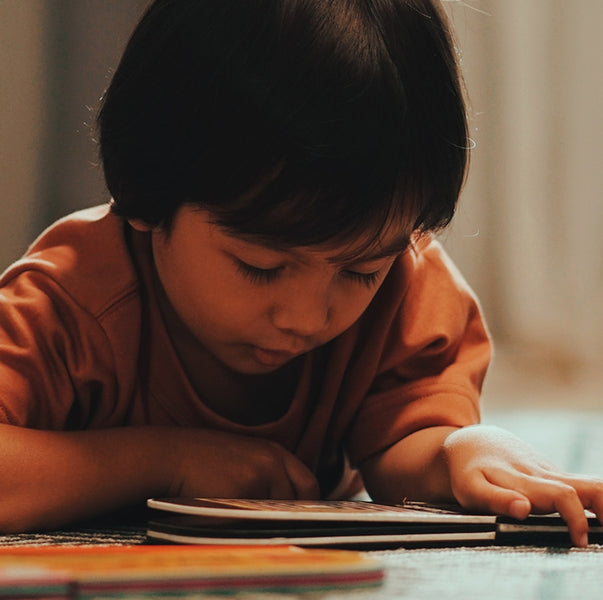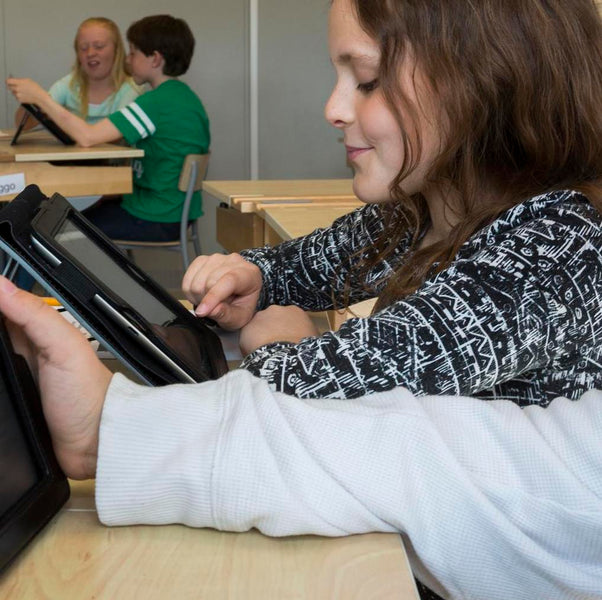Research -- StepUp to Learn
Can Preschoolers Gain Reading Skills in a Virtual Classroom?
New study by the University of Washington discovers if students can develop key reading skills in a virtual classroom.
How Naps Boost Early Literacy Skills in Preschoolers
New study offers clues to the relationship between sleep, memory development, and literacy skills; specifically, learning letter-sound mappings and using that knowledge to read unfamiliar words -- an important indicator of early literacy skills.
How to Boost Your Child's Resilience at School
This activity at home can triple a child’s resilience at school, particularly for children at-risk.
Evidence Dyslexia Affects Children's Visual Processing Beyond Just Reading
Children with dyslexia are slower to process visual information, according to new research that sheds new light on which brain processes are affected by dyslexia beyond just reading ability.
A Tool That Benefits Both Dyslexic and Non-Dyslexic Children
New study finds significant benefits for both dyslexic and non-dyslexic children
Building Your Child's Vocabulary? Learn by Doing!
Learning techniques that involve the performance of gestures instead of simple audio or visual information can benefit learners.
Flickering Screens May Help Children With Reading and Writing Difficulties
Children with reading and writing difficulties who are presented with text on screens with flickering white noise both read better and remember what they have read better.
Dyslexia: When Spelling Problems Impair Writing Acquisition
When children cannot quickly and accurately write letters, they also have problems with spelling and written language.
Team Finds Brain Mechanism that Automatically Links Objects in our Minds
Scientists map the part of the brain that "links" similar objects, leading to new insights about how the brain processes information out of context.
Eye Movements of Those with Dyslexia Reveal Inefficient Reading Strategies
Using eye-tracking technology, researchers find that people with dyslexia have a profoundly different and much more difficult way of sampling visual information.
High Risk of Dyslexia? Self-Confidence is Key
Confidence in their own abilities can help kids overcome difficulties with dyslexia.












